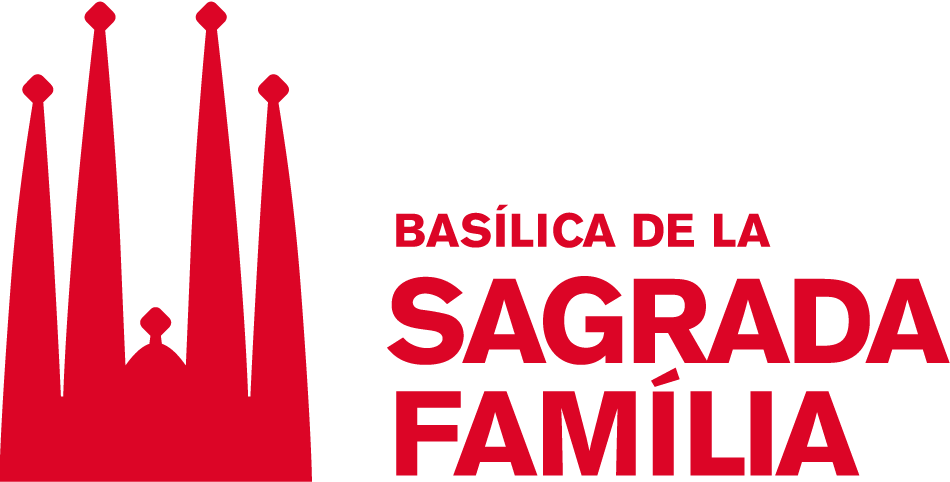Agenda
Data protection information regarding cookies.
What are cookies?
Cookies help us to remember your preferences and to recognize you in your following browsing sessions. All this is accomplished by storing certain information in your terminal. Some of the cookies are created by us, and some by other websites.
Things you should know about cookies
– Cookies are used by most websites. When you surf a website that makes use of Cookies, the website tells your web browser to create in your device (computer, laptop, phone, tablet) small data files with information necessary for the website to function properly. These small data files are the so called Cookies. They are an integral part of the web technology and are not inherently harmful.
– Traces of your browsing activity and the Cookies are stored in your terminal. Cookies, in a similar fashion to your browser’s history, are a trace of your online activity. This may be important if other people is using your terminal. If you are using a shared terminal, we recommend that you delete your browser history, browser cache and cookies. If you do not know how, please refer to your browser’s help page.
– You may disable cookies, but some parts of the website may not function properly. If you are worried by your privacy, you may completely turn off Cookies in your web browser.
Use of plug-ins and third-party cookies
This website uses plug-ins and cookies provided by third parties. Browsing with cookies turned on requires that you accept the privacy policy of the plug-in or cookie provider. If you do not accept the use of cookies, you may block them on your web browser.
The plugins and cookies used by this website include:
| Plugin | Cookies created by the plugin | Purpose of the plugin | Provider’s privacy policy |
| Google Analytics | __utma, __utmb, __utmc, __utmz, etc | Google Analytics transfer to Google your IP address and anonymous information on the use of the website. | www.google.es/intl/ es/analytics/privacy overview.html |
| Complements de Google (Google Translate) | nid, pref y khcookie | Google provides us with a plugin to translate the website. | http://www.google.es/intl/es/policies/privacy/ |
| Google Tag Manager | _gac_<property-id> | Google Tag Manager is a tool that helps us manage the extra bits of code that the communication and marketing teams need to add to websites to work with third-party tools or functionalities in a fast, organised, efficient and collaborative manner. In our case, we use Google Tag Manager to manage Google Analytics cookies. | https://www.google.com/intl/es/tagmanager/faq.html https://www.google.com/intl/es/policies/privacy |
There is International data transfer to Google (https://privacy.google.com/intl/en_uk/businesses/compliance/) and Yandex (https://metrica.yandex.com/about/info/gdpr) who offer sufficient guarantees of compliance with current legislation on the protection of personal data.
How to block or delete cookies
The majority of web browsers allow you to disable completely the use of Cookies. They also allow you to delete cookies created by specific domains/websites. To find out how to do it, please refer to your browser’s help page.
The information is also covered in web browser’s online support pages:
– Chrome: https://support.google.com/chrome/answer/95647?hl=en
– Firefox: http://support.mozilla.org/en-US/kb/enable-and-disable-cookies-website-preferences
– Safari: http://support.apple.com/kb/ph5042
– Safari para IOS: http://support.apple.com/kb/HT1677?viewlocale=en_EN&locale=en_EN
– Opera: http://www.opera.com/help/tutorials/security/cookies/
Remember: if you block cookies, it is possible that certain services or functions do not work properly.
NOTE: this information was updated on 31/01/2021 and we regularly check it to ensure correctness, but we can’t ensure it is 100% accurate at all the times
